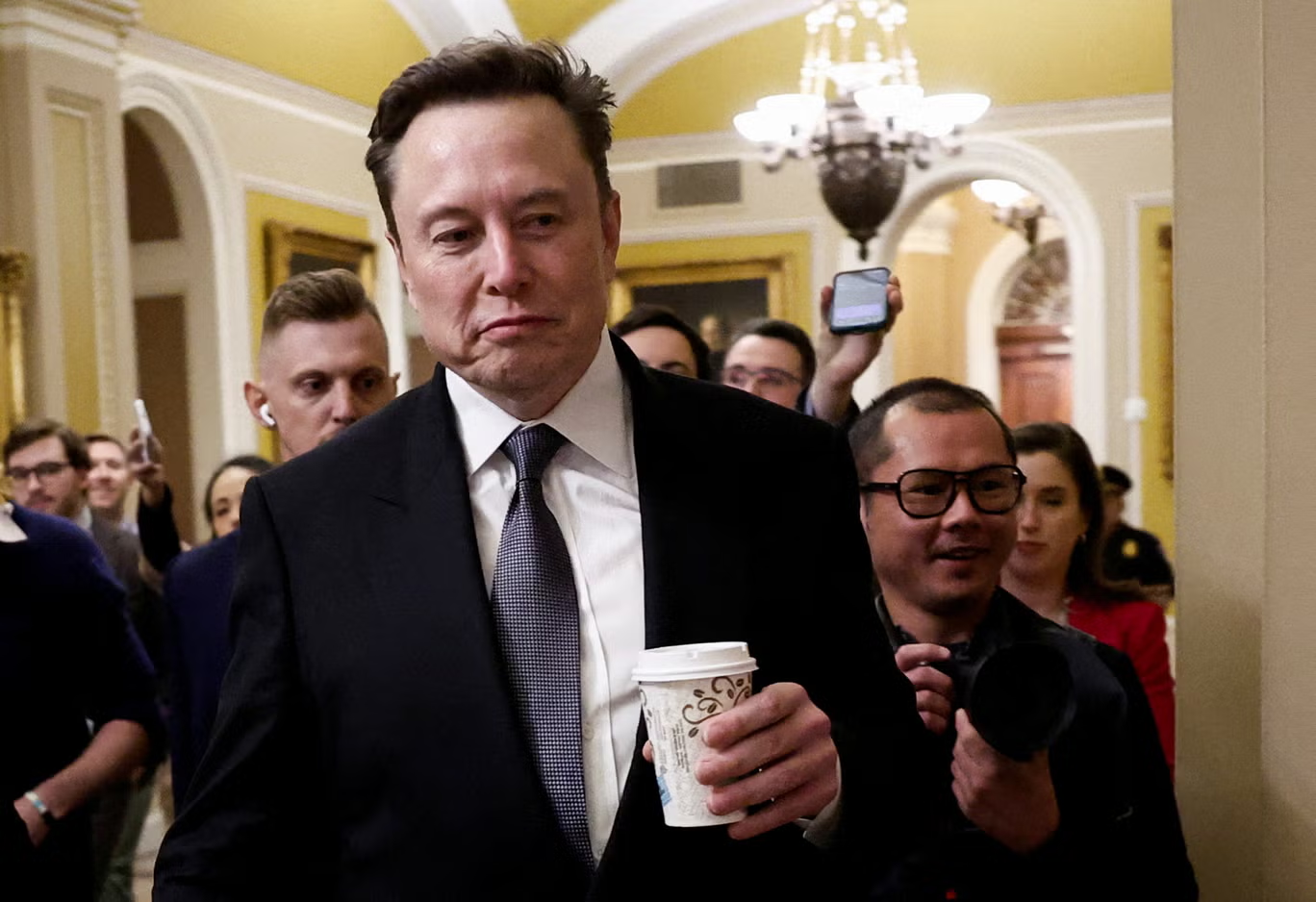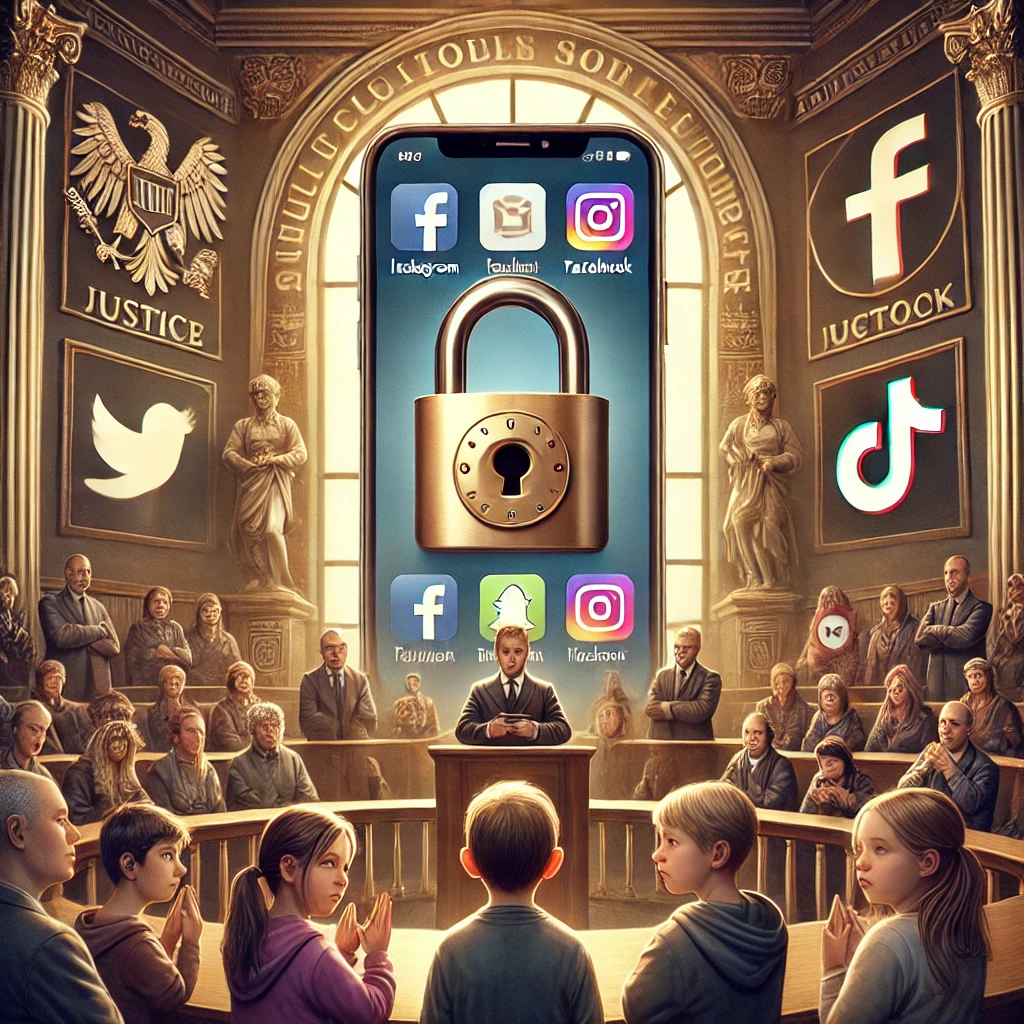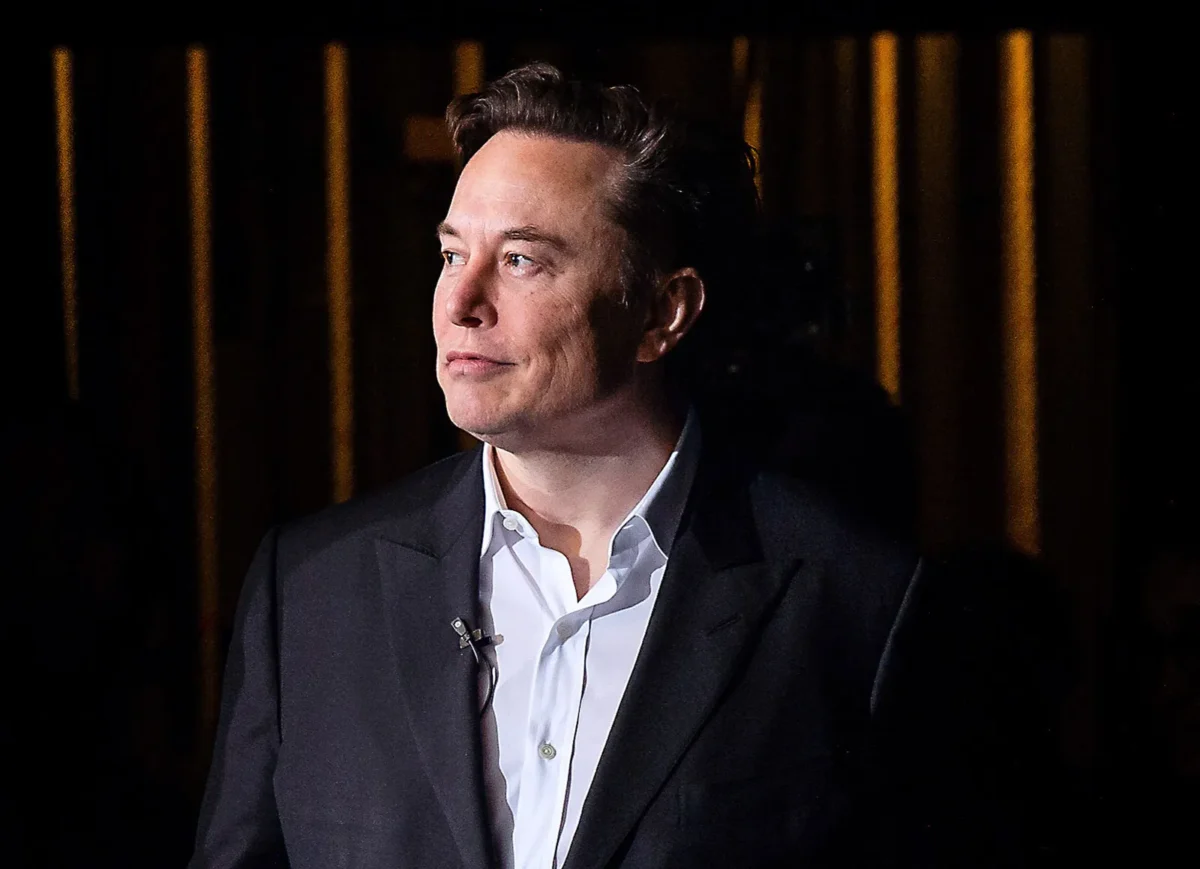In a first in the world, the government of Australia has passed legislation banning children under 16 from social media platforms. The law will come into effect at the end of next year with the aim of protecting mental health, but also to spark debate about its hasty implementation and the potential consequences on youth connectivity.
Historic Ban on Social Media for Minors
The new law bans anyone under 16 from using popular platforms such as TikTok, Instagram, Snapchat, and Facebook. According to the authorities, this is an essential measure to address growing mental health issues among young people because evidence has shown that social media harms the well-being of the youth.
Fines up to $50 million await non-compliance by social media companies, but there are no consequences for minors or their parents in bypassing the restrictions.
Legislation Faces Mixed Reactions
The Senate passed the bill, which was passed after a rushed process, drawing flak from mental health advocates, crossbenchers, and technology companies. The debate over the law was heated, with many of the dissenters arguing that there was little room for scrutiny or public consultation on such a rushed timeline.
Others voting against the law included senators Matt Canavan and Alex Antic, while others abstained. Liberal MP Bridget Archer joined Greens and independent MPs in opposing the bill, highlighting the issue of alienation of youth, yet not addressing the real cause of the problem.
Tech Companies and Age Verification
The law requires “reasonable measures” by social media platforms to prevent access by children but bars the use of government-issued IDs such as Digital IDs to verify a user’s age.
Messaging apps, online gaming, and education services are excluded from the ban. YouTube is also exempt as it does not require login credentials to access its service.
Mental Health Experts Divided
The Senate inquiry was quite hasty, and mental health professionals had differing opinions. A clinical psychologist named Danielle Einstein spoke in favor of the age restriction, arguing that social media offers no proven mental health benefits to youth. Headspace’s Nicole Palfrey highlighted its role in fostering connection, especially for remote and rural children.
Lucy Thomas of Project Rockit urged caution, fearing that the ban would actually make young people feel isolated, pushing them away from those supportive online spaces.
Support and Criticism from Advocacy Groups
Proponents of the legislation, including parents and psychologists, hailed it as one of the most important steps necessary to curb the growing teen mental health crisis. For some advocacy groups, banning access could have unintended negative consequences, such as causing barriers to help-seeking behavior by vulnerable youth.
Labor Senator Karen Grogan said in a statement that the new policy must be implemented in an “inclusive manner” to effectively support diverse groups of young people. She added that mere legislation cannot solve the difficult issues that social media raise.
Concerns Over Rushed Implementation
The law passed with such speed that it left many raising an eyebrow. Submissions to the Senate inquiry closed just a day after its introduction. Critics accused the government of prioritizing speed over thorough review. Technology companies called for delaying the debate until an age-verification trial concludes, arguing that premature legislation risks operational and ethical missteps.
What Comes Next?
The new rules won’t take effect until the end of 2024, giving platforms time to adapt. Advocacy groups and tech firms are expected to challenge the law’s scope and implementation, while the government faces pressure to ensure clear guidelines.
A public education campaign may accompany the rollout to inform parents and minors about the ban and its objectives. Policymakers must strike a balance between protecting mental health and preserving youths’ access to valuable online resources.
Way Forward
The ban of social media for minors has been an audacious attempt at addressing youth mental health. While proponents hail it as a necessary safeguard, detractors fear the unintended consequences and haste in legislative process. A year before it is to be implemented, much will be revealed in the following months whether this unprecedented move would achieve its lofty goals.
Relatad Post
Australia’s Plan to Ban Social Media for Under-16s Sparks Debate











